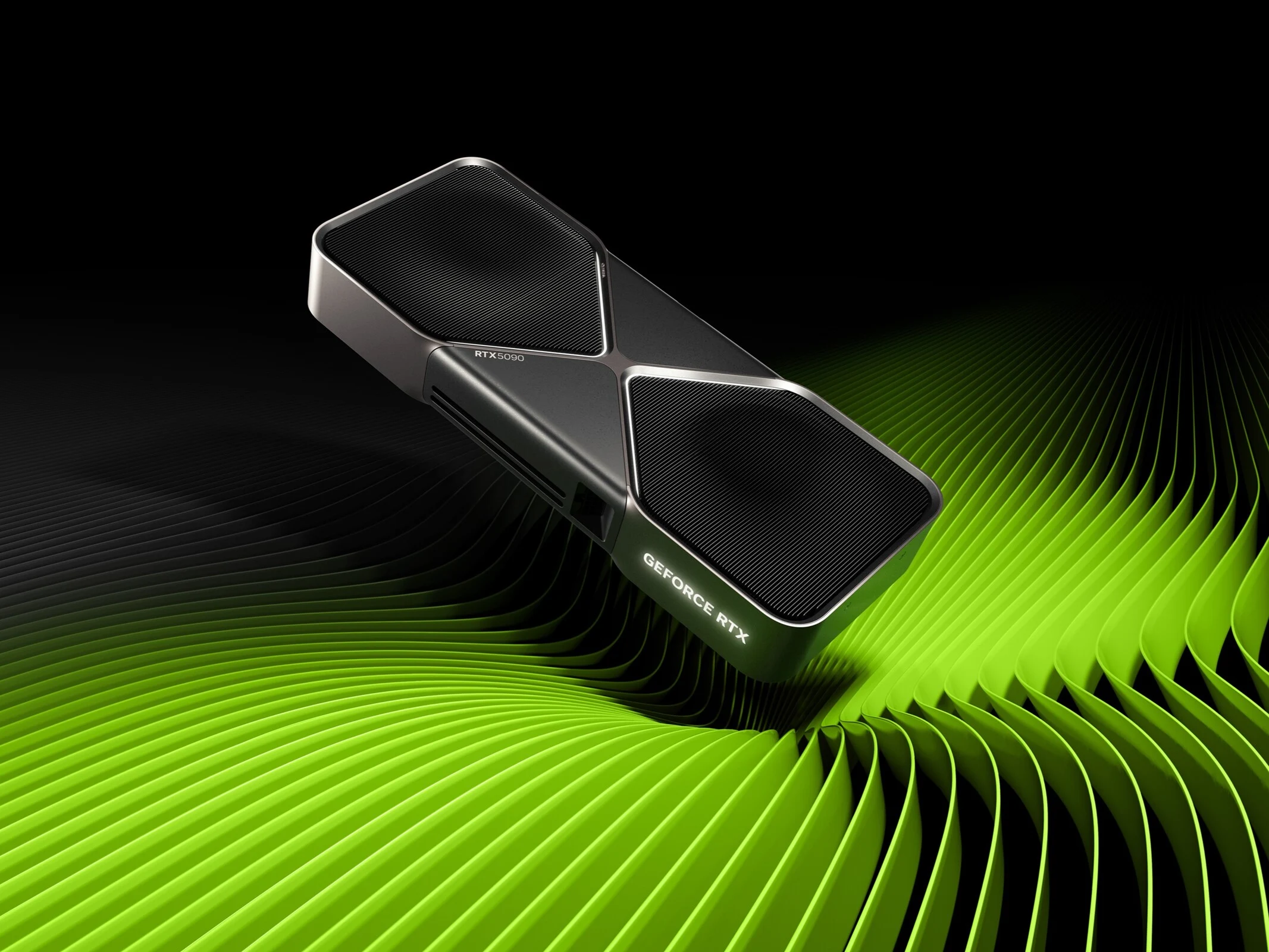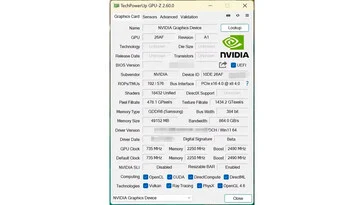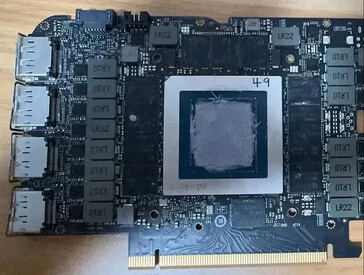Key Takeaways
1. AMD announced the Radeon RX 9060 XT on May 21, with 8 GB and 16 GB versions set for release on June 5.
2. The 16 GB model achieved notable benchmark scores: 109,315 in OpenCL and 124,251 in Vulkan, surpassing the RX 7600 XT by over 25%.
3. The Nvidia RTX 5060 Ti outperformed the RX 9060 XT in benchmarks, scoring 138,869 in OpenCL and 133,861 in Vulkan.
4. AMD claims the RX 9060 XT can outperform the RTX 5060 Ti by an average of 6% in 1440p gaming across 40 titles.
5. The RX 9060 XT is competitively priced at $299 for the 8 GB version and $349 for the 16 GB version.
AMD officially announced the Radeon RX 9060 XT on May 21, presenting two options: an 8 GB version and a 16 GB version. The card is set to be released on June 5, and the first synthetic benchmark results for the 16 GB model have emerged, showing a notable improvement in performance compared to the previous generation. This new graphics card is in competition with the Nvidia RTX 5060 Ti, which also comes in both 8 GB and 16 GB VRAM options.
Performance Highlights
The information comes from Geekbench, a popular benchmarking site, which reveals the OpenCL and Vulkan scores for the Radeon RX 9060 XT 16 GB. The GPU achieved a score of 109,315 in OpenCL and 124,251 in Vulkan. It was tested using a Gigabyte X870E Aorus Master motherboard paired with a Ryzen 7 9800X3D CPU. As the RX 9060 XT is intended to be a successor to the Radeon RX 7600 XT 16 GB, it surpasses the older model by over 25%.
Comparing with Nvidia
In contrast, the RTX 5060 Ti outperformed the RX 9060 XT in the same benchmarks, achieving 138,869 in OpenCL and 133,861 in Vulkan tests (according to Videocardz). It’s important to mention that synthetic benchmarks from Geekbench don’t always reflect real-world gaming performance, so the RX 9060 XT’s lower scores compared to the RTX 5060 Ti, and even the Radeon RX 7700 XT, don’t give a complete view of their capabilities.
AMD asserts that the RX 9060 XT can beat the RTX 5060 Ti by an average of 6% at 1440p across 40 different games. Unlike the GDDR7 memory used in Nvidia’s variant, the RX 9060 XT is equipped with GDDR6 memory. Regarding pricing, the Radeon RX 9060 XT is competitively priced compared to the RTX 5060 Ti, with the 8 GB version starting at $299 and the 16 GB version priced at $349.
Source:
Link




